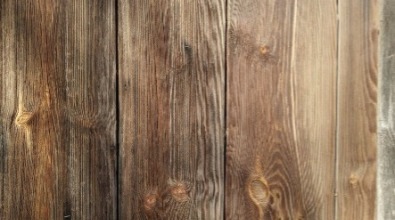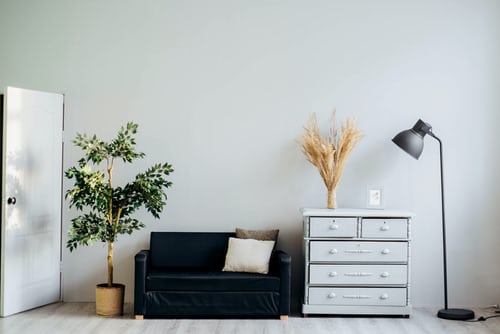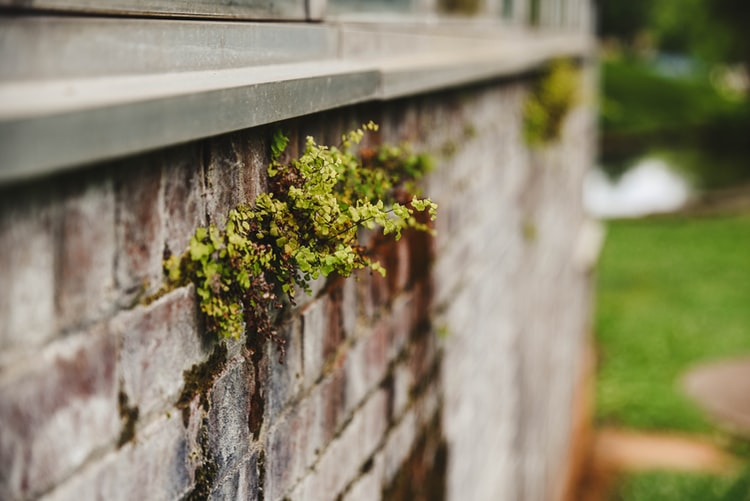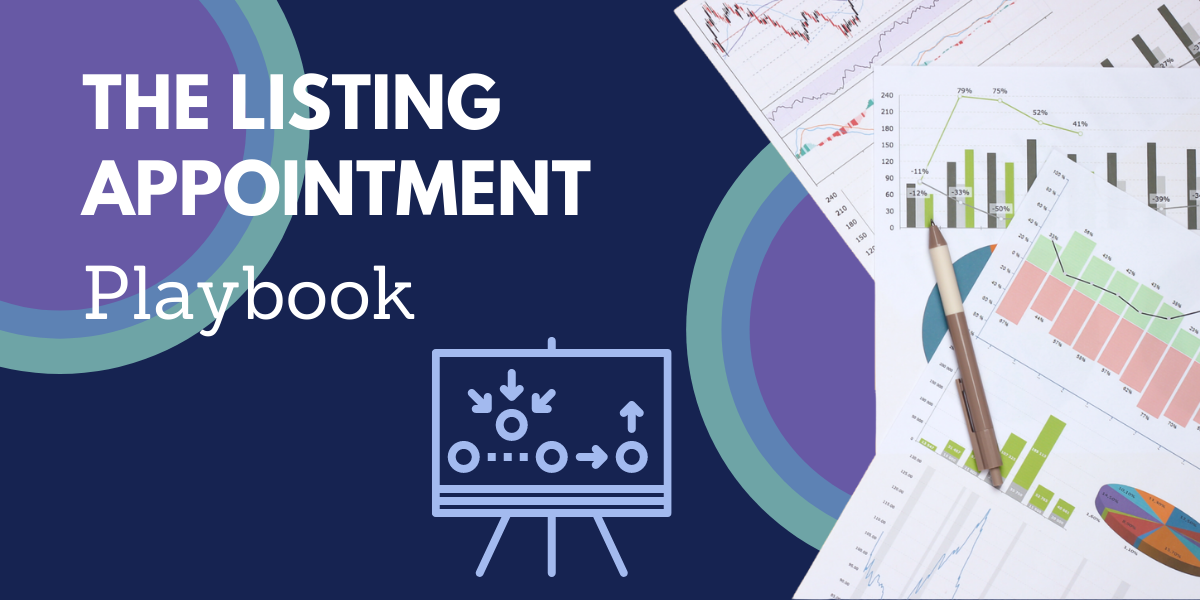Factors That Affect Home Siding Longevity
By Kayla Keena
Siding is very influential on a home’s exterior appearance and structural integrity. Since it can maximize the home’s energy efficiency and may decrease utility bills, siding has the potential to affect a home’s resale value. Therefore, homeowners who seek worthwhile renovations are likely to encounter siding replacement as an option. To ensure a valuable lifetime for your home’s siding, learn the significant factors that affect siding longevity.

Thickness or Grade
The thickness of planks and panels is known as the grade. Siding’s grade indicates how durable it will be and for how long. High-grade siding is sturdier and usually lasts longer than the low-grade. It’s also more resistant to fade, which delays the need for a replacement.
Maintenance
Siding undergoes many external pressures, such as weather and wind. Without proper maintenance, your siding will quickly decrease in value. Schedule regular siding inspections to catch signs of moisture and other damage early on. Routinely wash your siding, especially after storms, to remove dirt and debris.
Siding Type
Each siding option has its pros and cons. One thing to keep in mind when choosing the siding for your home is its expected life span. The makeup of the various siding types is what determines their longevity. For example, while fiber cement siding has a predicted 25 to 40 year life expectancy, aluminum siding’s lifespan ranges from 30 to 50 years. The siding type you select for your home’s exterior will give you a loose idea of when replacement will be necessary, if at all.
Insulation
Insulated siding is more durable than regular siding. Because it is denser than the regular, insulated types can withstand greater impact and harsh weather. Also, insulated siding is less prone to denting, which increases its lifetime. Without insulation, siding is bound to cave in and wither at a quicker rate.
Flexibility
Flexibility is an important factor, because it determines how well the siding responds to impact. Flexible siding is more resilient than rigid siding, especially in areas that have fluctuating temperatures and precipitation.

Weather
As we mentioned, weather plays a substantial role in siding endurance. Extreme temperatures are responsible for premature aging. Constant unfavorable weather conditions can cause certain sidings to warp and stiffen over time. Moisture buildup underneath siding materials leads to water damage and mold, two incidents that are detrimental to any home’s structural integrity.
To ensure you’re getting the best-quality siding, be sure to choose a well-regarded contractor. Review each siding type’s aesthetic and performance benefits to determine which option suits your home best.
